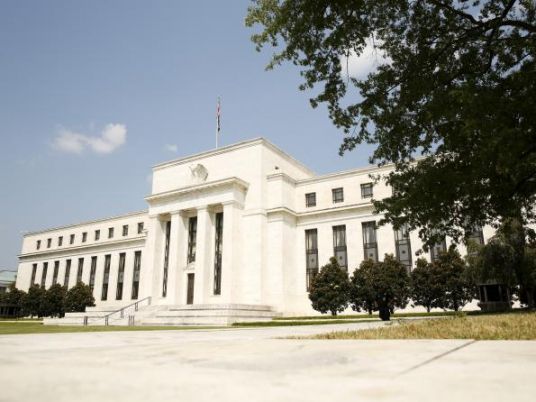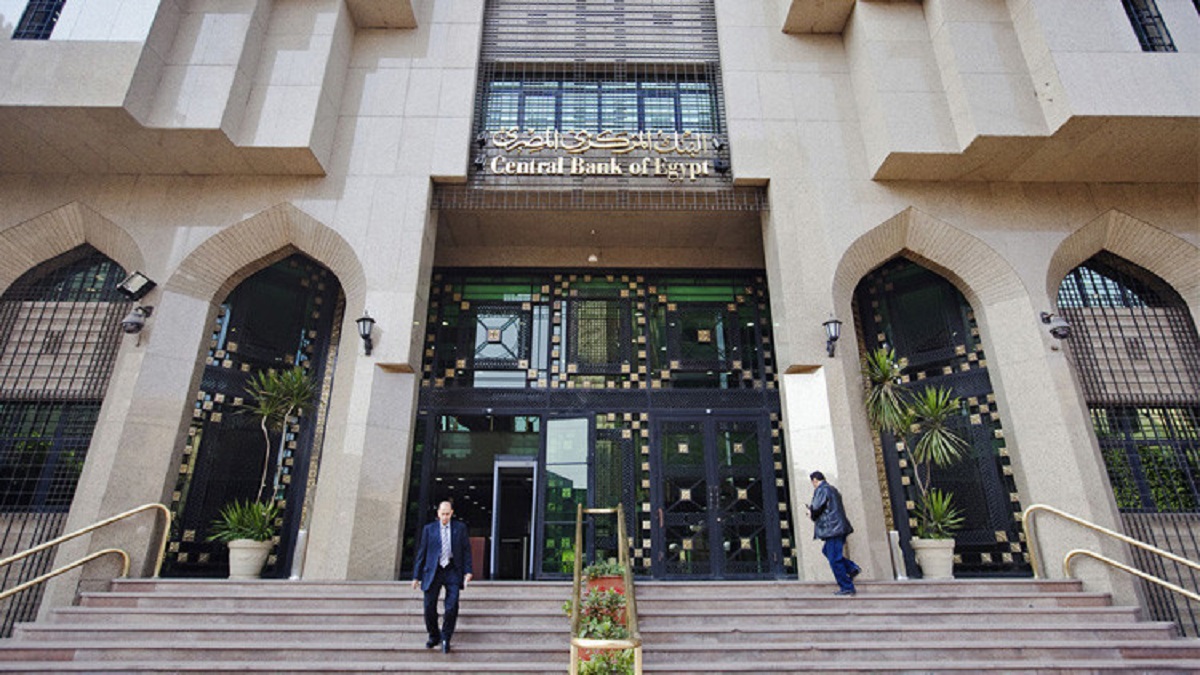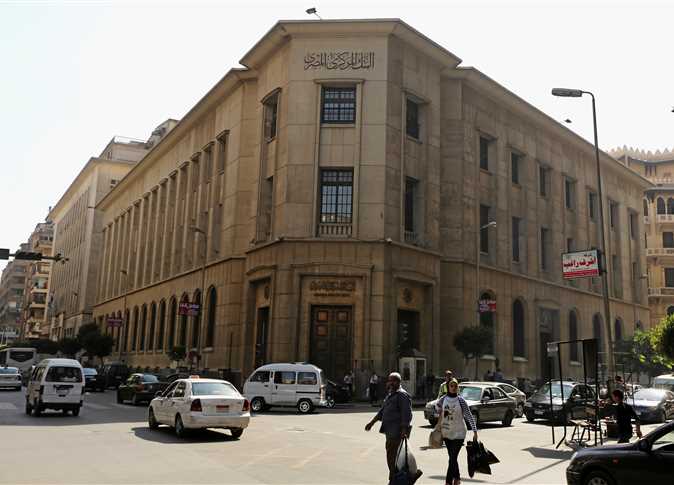
China's economic downturn and weak inflation pose a challenge to the US Federal Reserve as it weighs raising interest rates for the first time in nine years on Thursday.
Analysts say the risks have risen for a slowdown in US growth that might persuade the Fed to hold off from a rate hike for a few more months.
Global markets remained cautious ahead of the decision, to be released at 1800 GMT Thursday. There were gains in most major stock markets Wednesday, but only slight shifts in the major currencies.
The decision, though, has been preceded by calls for the US central bank to move gingerly.
The World Bank has warned developing economies to prepare for more capital and currency market turmoil while the OECD urged the Fed to move slowly and make its policy plans clear, whatever it decides.
– Another delay likely –
Most analysts see the Fed again putting off the long-awaited increase to the benchmark federal funds rate, which has been locked at 0-0.25 percent since the 2008 crisis, giving the world a massive supply of cheap dollars.
While US growth has been strong, still-weak inflation and the recent China-driven turmoil in global markets "most likely mean that the FOMC will leave rates unchanged at this week's meeting," said Harm Bandholz of UniCredit.
That was underscored by a downward turn in the US consumer price index on Wednesday, confounding Fed hopes of seeing a pickup in inflation.
Jim O'Sullivan, chief economist at High Frequency Economics, said he "expect officials to be risk-averse and to hold off on tightening for now" because of the challenges to world economic growth.
The Fed has not raised rates in more than nine years, and what would probably amount to an increase of 0.25 percentage point would represent a momentous break with the extraordinary crisis stance it has adopted since the 2008-2009 recession.
It would begin what is expected to be a slow series of rate hikes towards a "normal" monetary policy stance of around 3 percent in the next two years.
But it would also make the dollar more expensive and hike borrowing costs for developing economies around the world.
After a lengthy buildup to Thursday's decision, analysts say what is more important is how Fed Chair Janet Yellen explains it in a post-decision press conference — specifically, what she says about US growth, global risks and the path of rate hikes in the coming months and year.
"Uncertainty about this month's FOMC meeting is about to end, but don't expect uncertainty about Fed policy to disappear," O'Sullivan said.
Earlier Wednesday, the Organisation for Economic Cooperation and Development, the policy club of 34 advanced economies, said the strength of the US economy "warrants an upward interest rate path."
"The timing of the first rate hike is of secondary importance compared to the pace of increase. Clear communication of that pace will help to minimize financial market volatility."




